Names I Can’t Say Yet
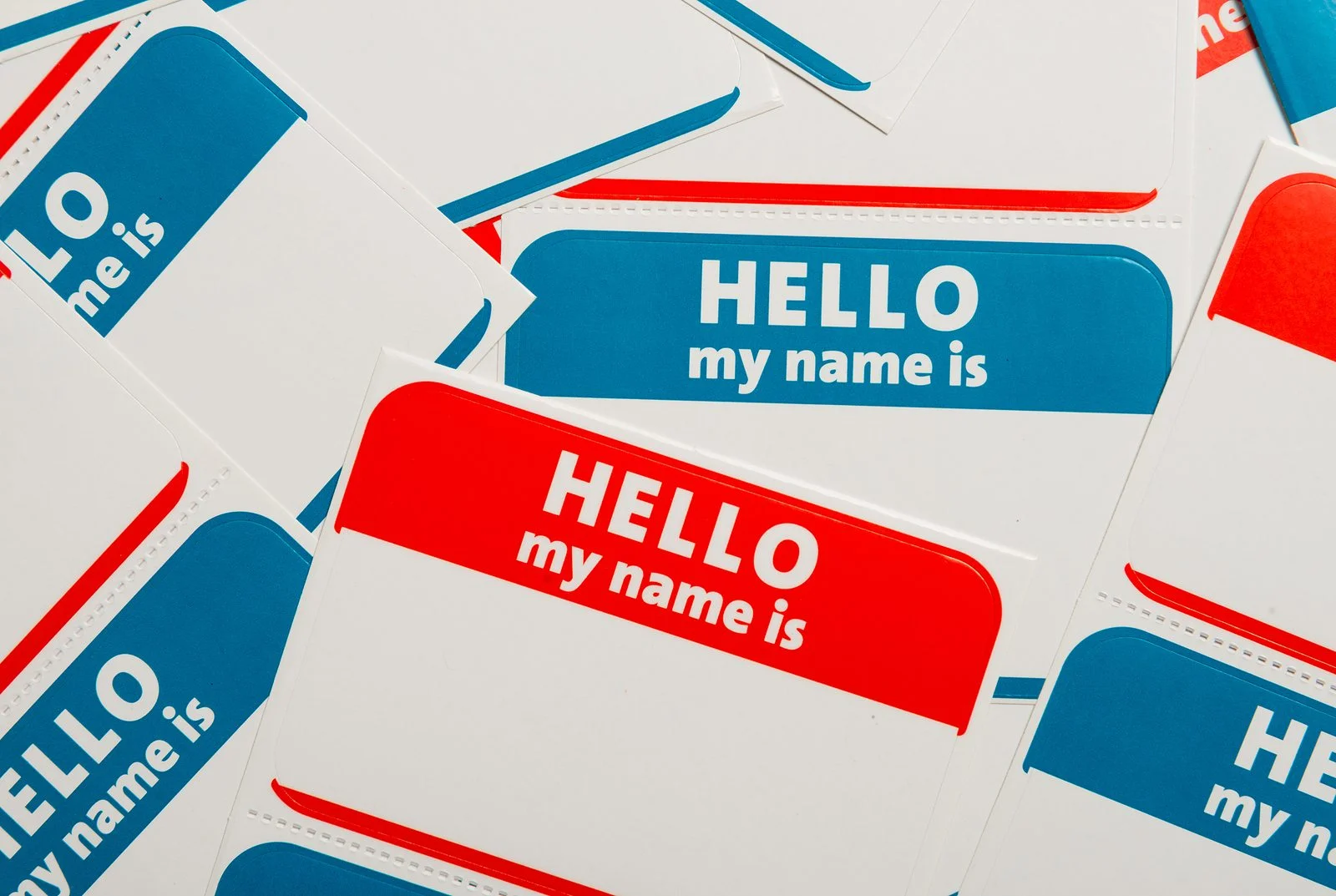
I have students whose names I cannot pronounce yet. I’ve never learned how to read these collections of letters.
When they correct me, sometimes I cannot hear the difference between the two words, what I said wrong and what they want me to say differently.
I feel like a ridiculously white American as we stand there in this exchange, this child and me, saying the same word back and forth to each other. They are trying to teach me, and I cannot seem to learn.
And it is not just any word. It is their name. Their most important word.
I found myself calling only on the names I am sure I can say.
Children whose names are new words to me — they know the answers too. They deserve a chance to offer their knowledge, to sparkle and shine.
They deserve to hear their names spoken.
Recently, I read a book that has utterly changed me: Everything Sad is Untrue, by Daniel Nayeri. Only his name isn’t actually Daniel. His name is Khosrou, but everyone calls him Daniel. His story is of how his family became refugees, what it was like to come to the United States, to attend a middle school in Oklahoma.
He writes, “If you saw Khosrou Nayeri on a class sheet, it wouldn’t even look like a name to you. Male or female. Elvish or Klingon. You couldn’t even say it. It has that kh, which is a thrashing sound, like you’re trying to hawk up a loogie. It’s just spit in your mouth. The sound a warthog makes. And the r after the s, that’s one you have to roll on your tongue, like a cat’s purr. … but you can call me Daniel if you want. The other name? Don’t bother with it. Khosrou. You wouldn’t like it.”
He talks about where he is from in Iran, a city called Ardestan. He says, “That doesn’t mean anything to you probably, if you even bothered to pronounce it. I could have said, ‘on the road to skip-this-word-you’re-a-dumdum-stan,’ and it’d be the same.”
It’s a gracious act toward us Americans, us English-only speakers. He wouldn’t have to, but he gives us permission to not know how to say them, the name of his home, the name of himself.
And I just can’t bear for that to be true for the students in my classroom.
They deserve to hear their names.
And so, my students and I stand together, and we say the words back and forth to one another, and I pray to hear the difference, to learn the difference, to honor the difference.


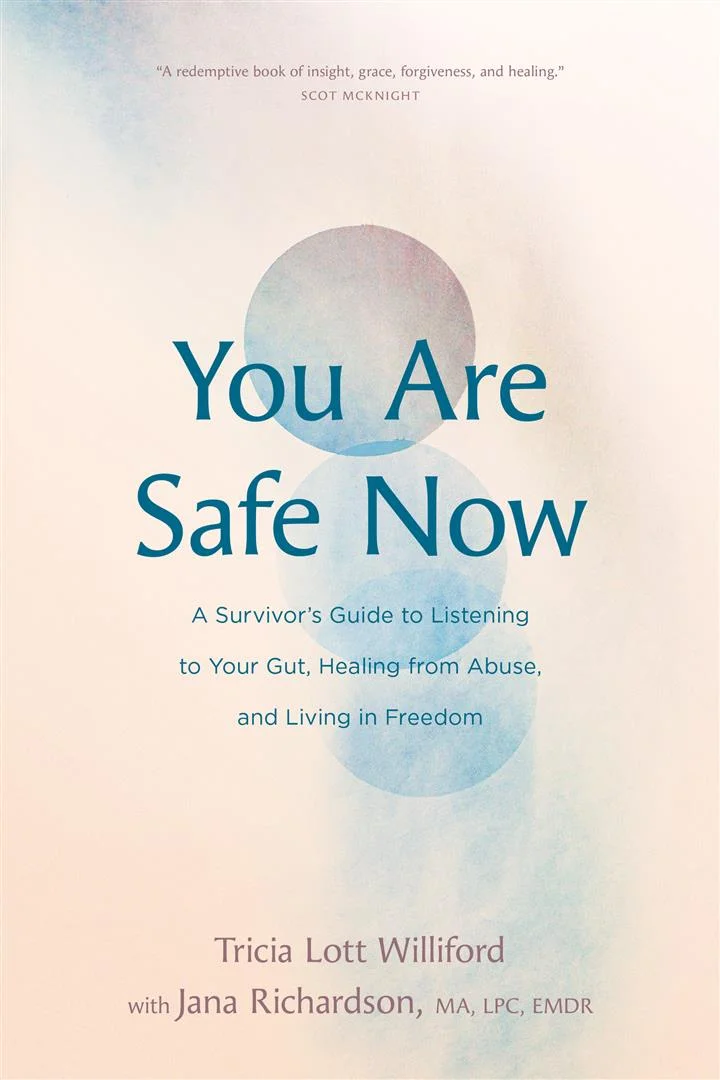
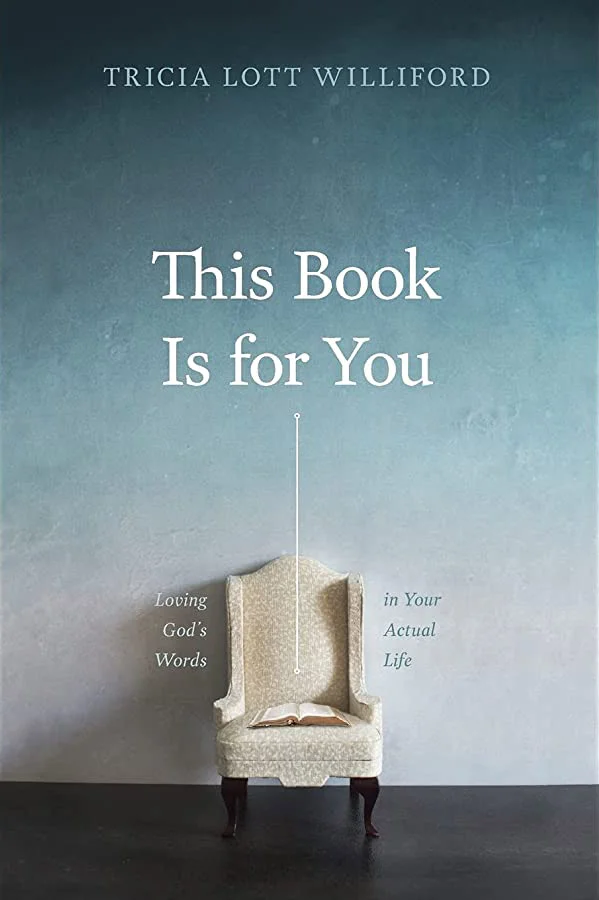
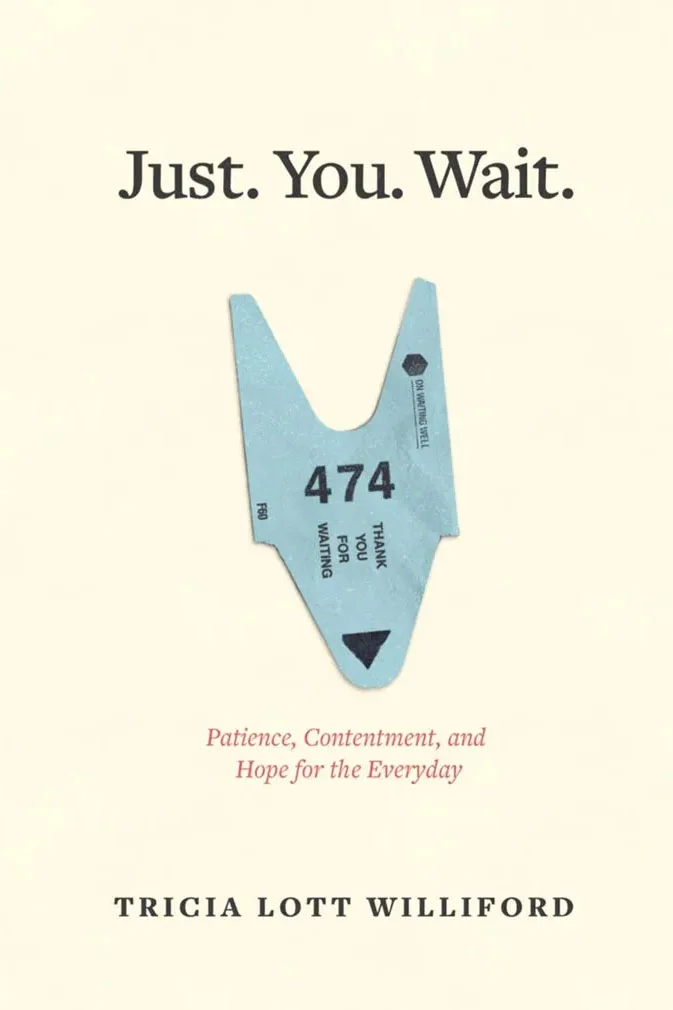

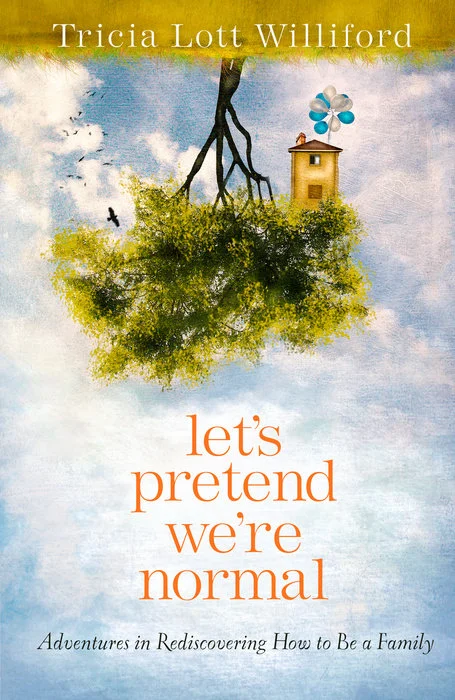


Connie J Williams says:
I stand in awe and amazement of the stories you share; the stories you are LIVING! I appreciate so much these glimpses – shared with such profound storytelling ability that it brings the scene alive! – of these vulnerable, valuable valleys and the marvelous, miraculous mountain peaks. I’ve often thought I would love to write her a note or make a comment and let her know there are others like me out here with her making the journey. Reading, watching, listening, HEARING and SEEING. Today is that day. THANK YOU doesn’t begin to cover it, dear friend.